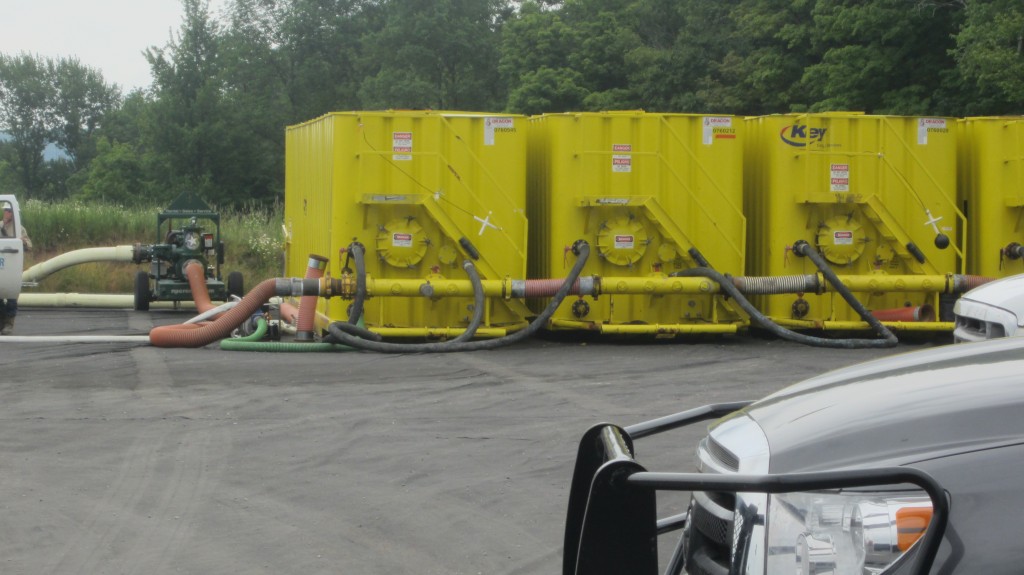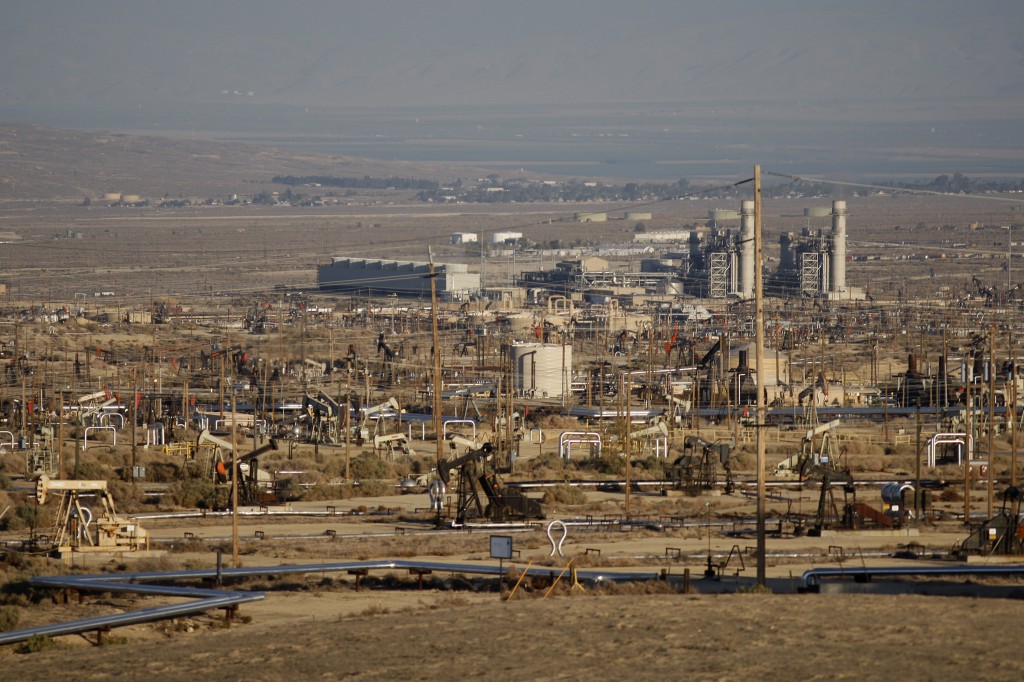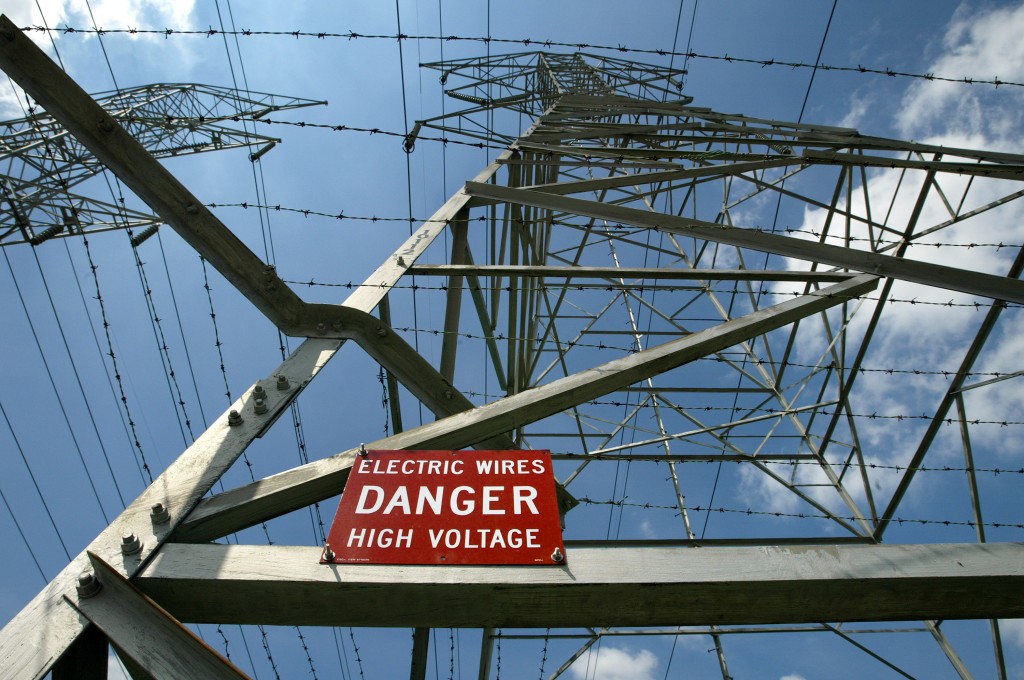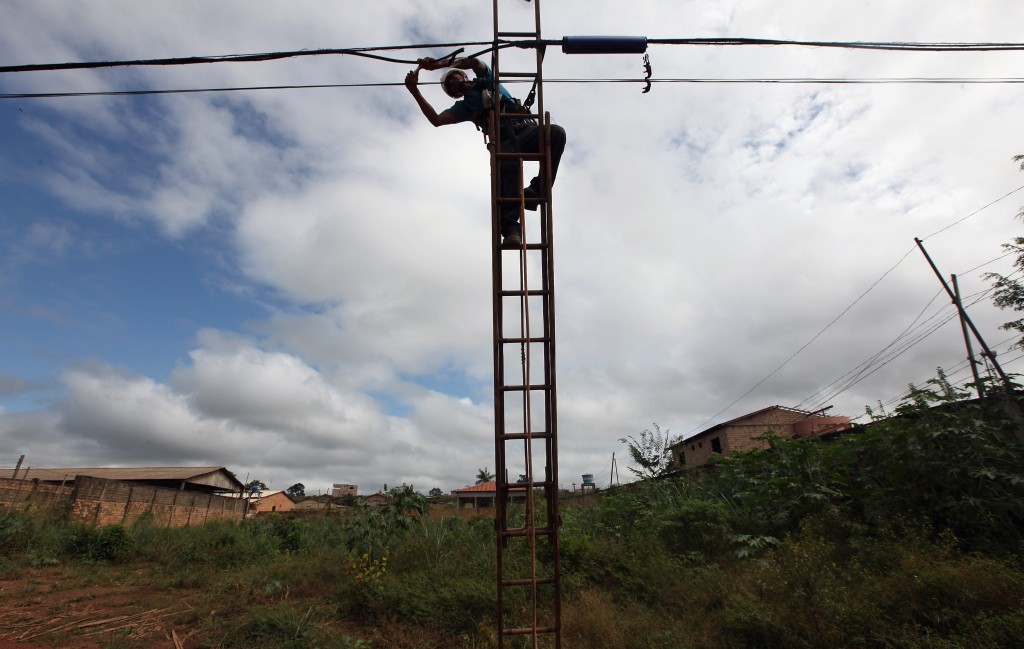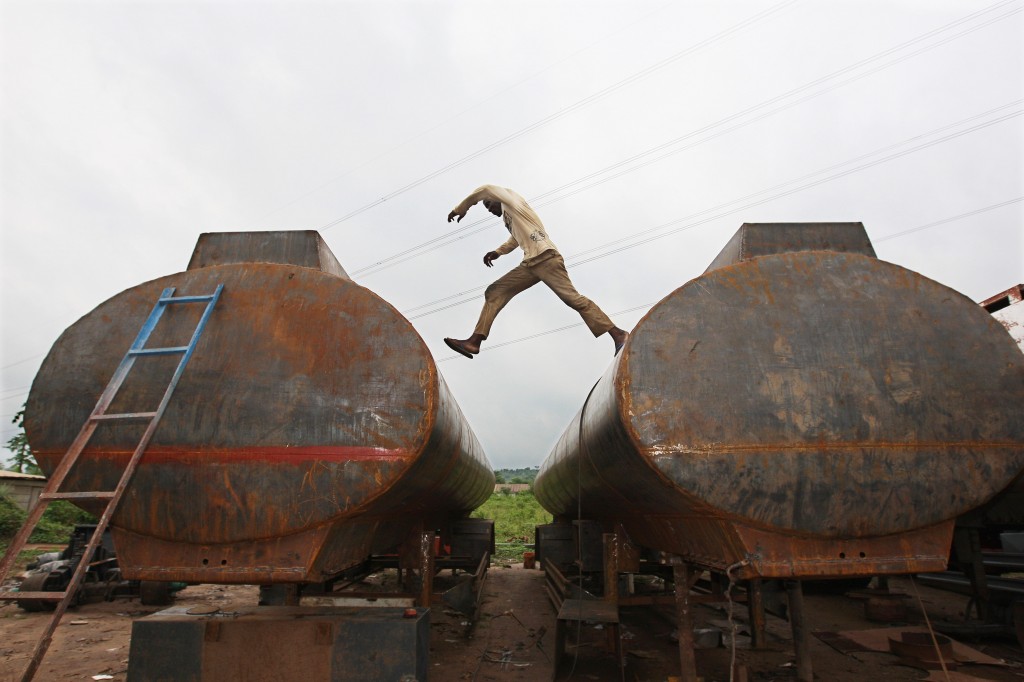Wyoming state regulators have reached an agreement with oil and gas industry officials for greater public disclosure of the chemicals used in hydraulic fracturing operations. In 2010, Wyoming became the first state to require companies disclose the chemicals used in fracking to regulators, but the information did not have to be released to the public. The new… Keep reading →
Energy Transparency
Sign up and get Breaking Energy news in your inbox.
We will never sell or share your information without your consent. See our privacy policy.U.S.-based energy companies are mostly failing to disclose their management of hydraulic fracturing operations that could have negative environmental impacts, according to a survey published last Thursday. The survey, by a group of investment advisers and shareholder advocacy organizations, found about three-quarters of 30 oil & gas companies surveyed are not fully disclosing their practices… Keep reading →
Energy News Roundup: Infrastructure Project Emails ‘Striking,’ Europe’s Tough Gas Options & Sustainable District Heating
By Jared AndersonA Freedom of Information Request unveiled emails between New England government leadership and several energy companies regarding various power and gas infrastructure projects that have some questioning the extent to which certain aspects of the negotiations and decision making were kept from the public. “Regional plans for a pair of multibillion-dollar energy projects have advanced… Keep reading →
Towards Understanding How Corruption Impacts the Quality of Electricity Supply to End-Users in Emerging and Developing Economies This article provides a synopsis of a paper submitted to the IAEE/USAEE Best Student Paper Award Competition. On average, a fourth of all electricity produced in low-income countries was lost during transmission and distribution in the year 2000,… Keep reading →
The Nigerian National Petroleum Corporation – NNPC – allegedly withheld $49.8 billion of oil revenue from the Nigerian government and recently sought to explain what happened to $10.8 billion of that sum. Corruption has long plagued the Nigerian oil industry and the country ranked 144th out of 177 nations analyzed in Transparency International’s 2013 Corruption… Keep reading →
 Australia has punched above its weight in the global energy sector for years, with its huge natural resources providing a platform for the country’s economy that allowed it to outperform much of the world throughout the lingering post-crisis recessions in the developed world.
Australia has punched above its weight in the global energy sector for years, with its huge natural resources providing a platform for the country’s economy that allowed it to outperform much of the world throughout the lingering post-crisis recessions in the developed world.
The country’s consumers and companies are energy investors and energy leaders, and issues surrounding energy usage and regulation have been political and cultural flashpoints in Australia in recent years. That means that the focus on Australian customers by pollsters and analysts pulling together the Corporate Renewable Energy Index and the Global Consumer Wind Study on behalf of wind company Vestas, TNS Gallup and Bloomberg New Energy Finance formed some of the key figures and results for a sector eyeing a transition to a “clean” economy. Keep reading →
Morten Albaek: renewable investment made to secure energy supply, hedge energy costs and strengthen brands #EnergyTransparency2012
By Peter GardettMorten Albaek: renewable investment made to secure energy supply, hedge energy costs and strengthen brands #EnergyTransparency2012 Vestas

The energy sector has transformed Australia’s economic and political fortunes in recent years, with the robust development of coal and natural gas lending it the strength of export powerhouse even as the country’s political leaders have repeatedly stressed a focus on renewable energy and carbon pricing in response to widespread concerns about environmental strain.
Pointing out that Australia had adopted an ambitious renewable energy and carbon emissions reduction campaign since 2006, International Energy Agency Executive Director Maria van der Hoeven welcomed the recent release of the Australian government’s Energy White Paper 2012. The White Paper release comes as the government’s Climate Change Authority prepares to issue a final version of its review of the country’s Renewable Energy Target (RET) program in December, and policy supported by both documents could lend much-needed certainty for renewable energy project developers like power company AGL awaiting confirmation of earlier government targets for renewable energy deployment in Australia. Keep reading →

The Berlin-based Heinrich Böll Foundation, a think tank close to Germany’s Greens, argues that Germany could – with the right policies – go 100% renewable by 2050, even as it phases out nuclear power and sticks to EU carbon emission limits.
Germany’s current target, embraced by the Merkel administration, is 80% clean energy by mid-century. Keep reading →
Why would major corporations – absent a political requirement – get involved in renewable energy investments? Representatives for a group of major North American companies gathered in New York recently to discuss the results of a release of a pair of studies on renewable energy use and its perception among global consumers.
While each speaker at the Energy Transparency 2012 launch at the Bloomberg building in New York said that their companies were in part pursuing energy because it was “the right thing to do,” each also stressed a business reason behind their expansion of investments in renewables. Brand differentiation was cited by TD Bank’s Head of Environmental Affairs Diana Glassman, but so was the appeal to employees. Employees want to work for companies that are responsible about their environmental footprint, even when – as financial or insurance companies – their emissions output is relatively small. Keep reading →
